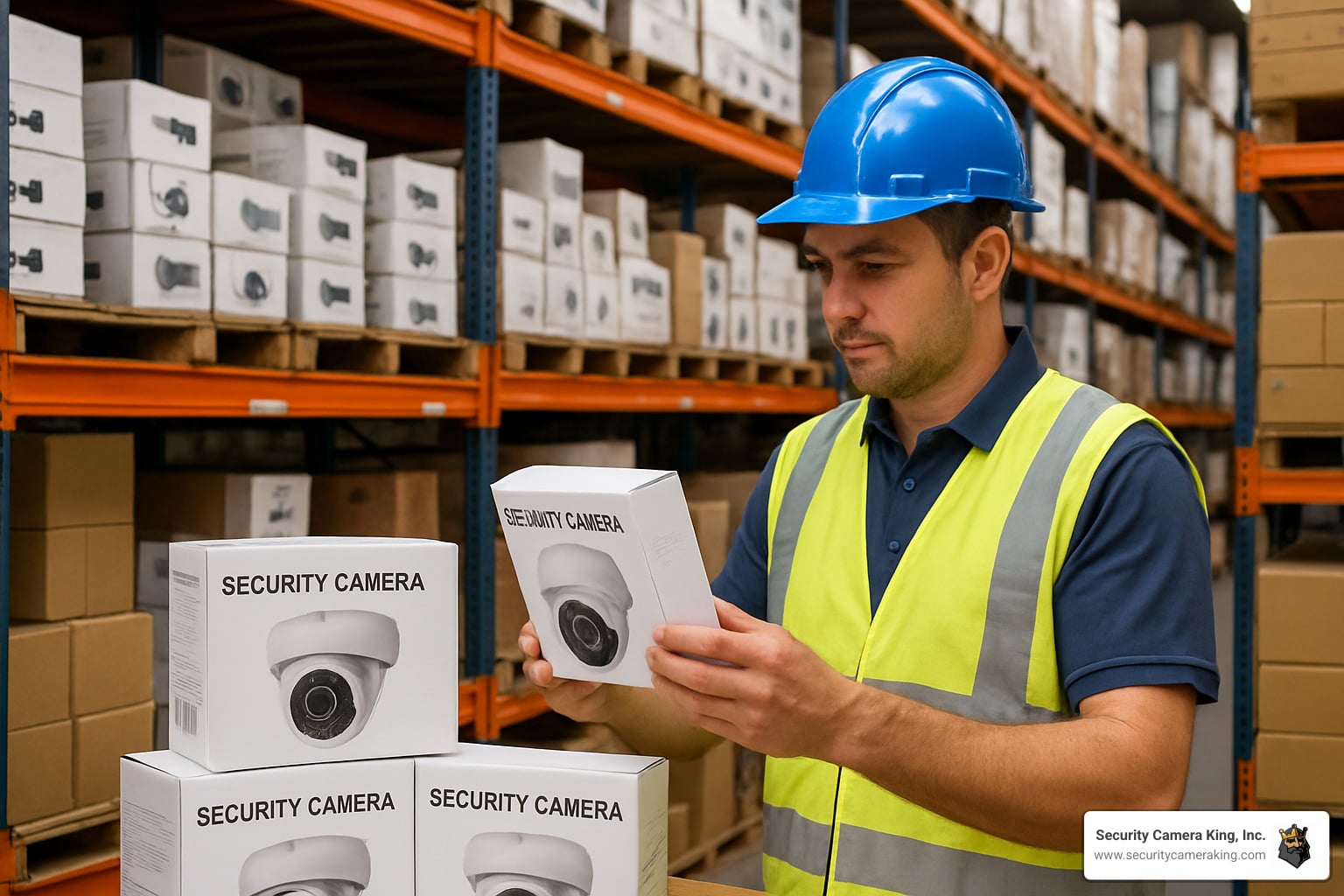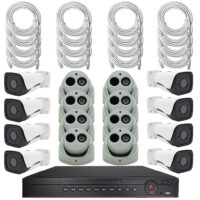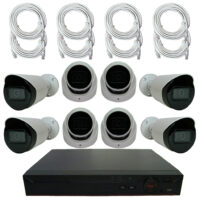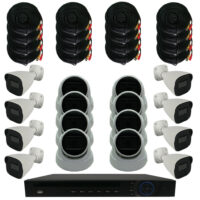
[vc_section][vc_row][vc_column][vc_column_text]Fogging on security cameras can significantly impact the clarity of footage, making it difficult to identify details and compromising the effectiveness of surveillance. Here’s a comprehensive guide on how to prevent fog on security cameras:[/vc_column_text][/vc_column][/vc_row][vc_row][vc_column][vc_column_text]
[/vc_column_text][/vc_column][/vc_row][vc_row][vc_column][vc_separator][/vc_column][/vc_row][/vc_section][vc_section][vc_row][vc_column][vc_column_text]
[/vc_column_text][/vc_column][/vc_row][vc_row][vc_column]



Fogging is caused by condensation forming when warm air meets the cold surface of the camera lens, high humidity, morning dew, rain, improper installation, and lack of weatherproofing.
Prevent fogging by using weatherproof cameras, applying anti-fog sprays, installing protective covers, ensuring proper ventilation, using silica gel or desiccants, regular maintenance, and adding thermal insulation.
Not all security cameras fog up, but those exposed to temperature changes, high humidity, and moisture are more prone to fogging.
Clean the camera lens regularly, especially during humid or rainy conditions, to prevent fogging and maintain clear footage.
Yes, fogging can cause blurry or obstructed footage, making it difficult to monitor your premises effectively.[/vc_column_text][vc_separator][/vc_column][/vc_row][/vc_section][vc_section][vc_row][vc_column][vc_column_text]
[/vc_column_text][/vc_column][/vc_row][vc_row][vc_column]

Copyright © 2014-2025 SecurityCameraKing.com, All rights reserved
Privacy Policy | Shipping Info | Return Policy | Terms & Conditions